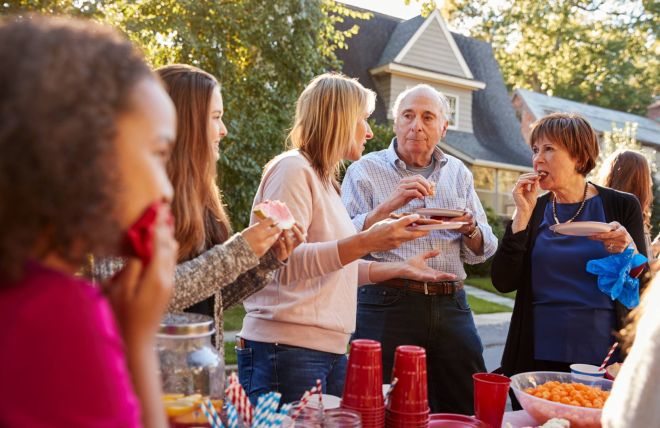Imagine living in a neighborhood where every lawn is manicured to perfection, and every communal space beams with welcoming energy. This might seem like a dream, but it's a reality in many places, thanks to the unsung heroes of Homeowner Associations (HOAs). These volunteers aren't just neighbors; they are the backbone that keeps the community standard high and ensures quality of life for everyone. But what does it really take to be part of this group? Let's dive into the world of HOA volunteering and discover the realities behind the gavel.
The Commitment of Volunteering
Volunteering for an HOA isn't just about lending a hand; it's a significant commitment that goes beyond attending meetings. Board members play a crucial role in maintaining and enhancing neighborhood standards, which in turn, ensures harmony and comfort for all residents. This commitment is a testament to the importance of community service and its impact on our surroundings.
Did you know that board members collectively dedicate a whopping
98,500,000
hours of service annually
Major Responsibilities of HOA Board Members
Board membership involves critical duties beyond just governance. These individuals enforce rules and regulations to maintain property values and ensure a high quality of life. They manage financial health through assessments and are responsible for hiring professionals to manage and improve the association. Their decisions and actions are vital for the community's well-being and future.
Challenges and Rewards
Being an HOA board member comes with its set of challenges, from rule enforcement to financial management. However, the rewards of this role are significant. Board members have the unique opportunity to contribute positively to their communities, enhancing safety, property values, and community bonds. This sense of achievement and personal satisfaction is what drives many volunteers.
Steps for Effective HOA Leadership
Effective HOA leadership is grounded in communication, transparency, and community involvement. It's about creating an environment where every resident feels heard and valued, fostering trust, and ensuring community cohesion. Effective leadership is key to navigating the complexities of HOA management and ensuring the community's success.
Conclusion
While volunteering for an HOA might seem daunting, the impact of such roles cannot be understated. It's about contributing to your community and making a tangible difference. Encouraging participation in HOA activities can lead to significant improvements in community living and personal satisfaction. It's about making a real difference, one step at a time.
Citations:
- iPropertyManagement. (n.d.). HOA Statistics. Retrieved from https://ipropertymanagement.com/research/hoa-statistics.
- DoorLoop. (n.d.). HOA Statistics. Retrieved from https://www.doorloop.com/blog/hoa-statistics.
- GlobeNewswire. (2022, November 1). New Report Highlights Key Statistics and Trends for U.S. Community Association Housing Market. Retrieved from https://www.globenewswire.com/en/news-release/2022/11/01/2545921/0/en/NEW-REPORT-HIGHLIGHTS-KEY-STATISTICS-AND-TRENDS-FOR-U-S-COMMUNITY-ASSOCIATION-HOUSING-MARKET.html.
- CNBC. (2023, October 31). What the Rise of Homeowners Associations Means for Americans. Retrieved from https://www.cnbc.com/2023/10/31/what-the-rise-of-homeowners-associations-means-for-americans.html.
- AMG World. (2017, March 3). Volunteering in a Homeowners Association. Retrieved from https://www.amgworld.com/blog/2017/3/3/volunteering-in-a-homeowners-association.







